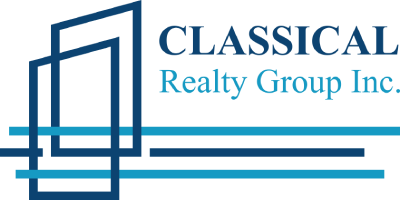
What Is a Business Worth?
Many courts and the Internal Revenue Service have defined fair market value as: “The amount at which property would exchange between a willing buyer and a willing seller, neither being under any compulsion to buy or sell and both having a reasonable knowledge of relevant facts.” You may have to read this several times to get the gist and depth of this definition.
The problem with this definition is that the conditions cited rarely exist in the real world of selling or buying a business. For example, the definition states that the sale of the business cannot be conducted under any duress, and neither the buyer nor the seller can be pushed into the transaction. Such factors as emotion and sentimental value cannot be a part of the sale. Surprisingly, under this definition, no actual sale or purchase has to take place to establish fair market value. That’s probably because one could never take place using the definition.
So what does make up the value of a privately-held business? A business consists of tangible and intangible assets. The tangible assets are the most visible and the ones on which buyers too often base a judgment on the value of a business. Factors of value, fixtures, equipment and leasehold improvements are often valued first by the buyer. Well maintained equipment and attractive interior surroundings are the first things a buyer sees when visiting a business for sale. Make no mistake, regardless of what prospective buyers may say, the emotional impact of a physically well-maintained business can be a very positive factor. In addition, it is much easier to finance tangible assets than intangible ones.
However, buyers have to consider what is really behind those well-maintained tangible assets. There are many businesses, especially today, in which physical assets play a very small part in the success of the business. These intangible factors include: the business’ reputation with its customer or client base, and within its industry; mailing lists and customer/client lists; quality of product or service; reputation with its vendors and suppliers; strength of the business’ technology and other systems; plus many other factors that can add a lot more value to the price of the business than can shiny equipment.
Although the intangible assets listed above cannot be seen, they are certainly an important part of the business – and purchase price. Businesses that don’t need expensive fixtures and equipment can, in many cases, be expanded more quickly and inexpensively because they do not require cash-intensive equipment purchases. Buyers, to their own detriment, do not want to pay the same price for equivalent cash flow for businesses that do not have lots of equipment. They want to buy tangible assets.
Business brokers and intermediaries know how to point out to prospective buyers the advantages of businesses that may not require lots of equipment but have those all-important intangible assets that create steady cash flow. Business owners who have a service or other type of business that does not rely on the heavy use of tangible assets and are considering selling, should talk to their professional business broker/intermediary who can point out the pluses and the hidden assets of the business.
